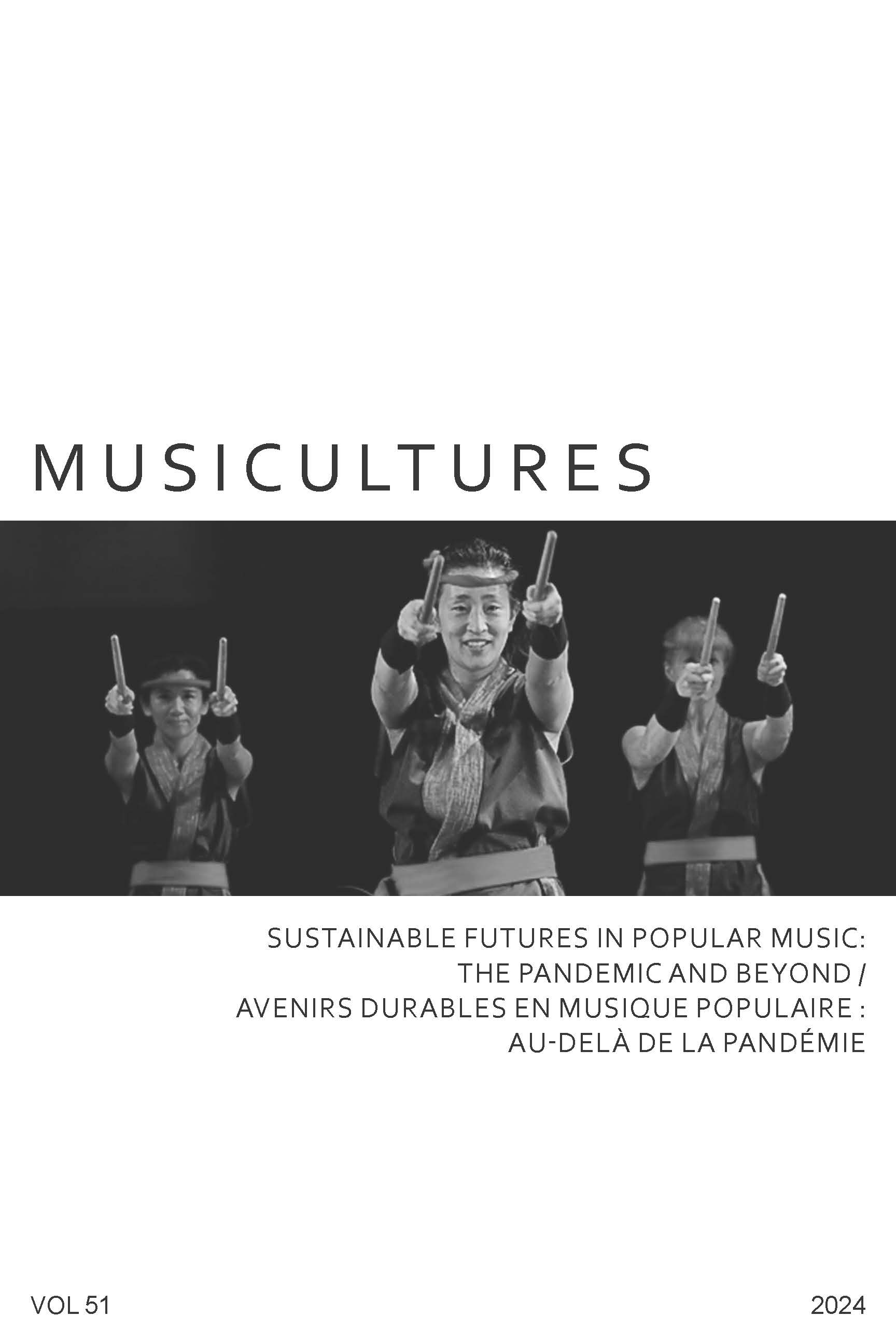Abstract
Helen Creighton (1899–1989) was one of Canada’s foremost folk song collectors and folklorists. Her fieldwork, which spanned the late 1920s to the mid- 1960s, centred on her home province of Nova Scotia. This article critically examines Helen Creighton’s 1967 recording project in African Nova Scotian communities, particularly in the historic settlement of Africville during its notorious displacement by the city government of Halifax. Despite receiving little attention in the half-century since, the 1967 project offers considerable insight into the place of race and racialization in Creighton’s influential conception of Nova Scotian folk culture. I argue that Creighton observed a double standard around the authenticity of the African Nova Scotian songs she collected vis-à-vis those collected in white communities, and that this inequitable treatment was intrinsically connected to the rhetorical and physical displacement of African Nova Scotians that underwrote her project.
- The author retains copyright over the work.
- The author grants the journal owner (The Canadian Society for Traditional Music / La Société canadienne pour les traditions musicales) an exclusive license to publish the work.
- The author may post a pre-print or post-print version of the work (see definitions below) on a personal website for up to twelve months after the work is published in MUSICultures. After twelve months, the pre-print version must be replaced with the published version.
- The author may deposit the published PDF of the work in a non-commercial online repository twelve months after the work is published in MUSICultures, or any time thereafter.
- Any such deposit must include a link to the work on the MUSICultures website, e.g., https://journals.lib.unb.ca/index.php/MC/article/view/19996
A pre-print is a work-in-progress—a contribution not yet accepted, or perhaps even submitted, to MUSICultures.
A post-print is the version of a contribution after peer review and acceptance by MUSICultures, with revisions completed.
The published version is the PDF file of a contribution as it appears in MUSICultures.
Please note that academia.edu and ResearchGate.com are both for-profit repositories; authors may not deposit the published PDF of the work in these repositories until after the journal’s embargo period.
For permission to reprint or translate material from MUSICultures, please contact Heather Sparling, General Editor of MUSICultures (heather_sparling@cbu.ca).

